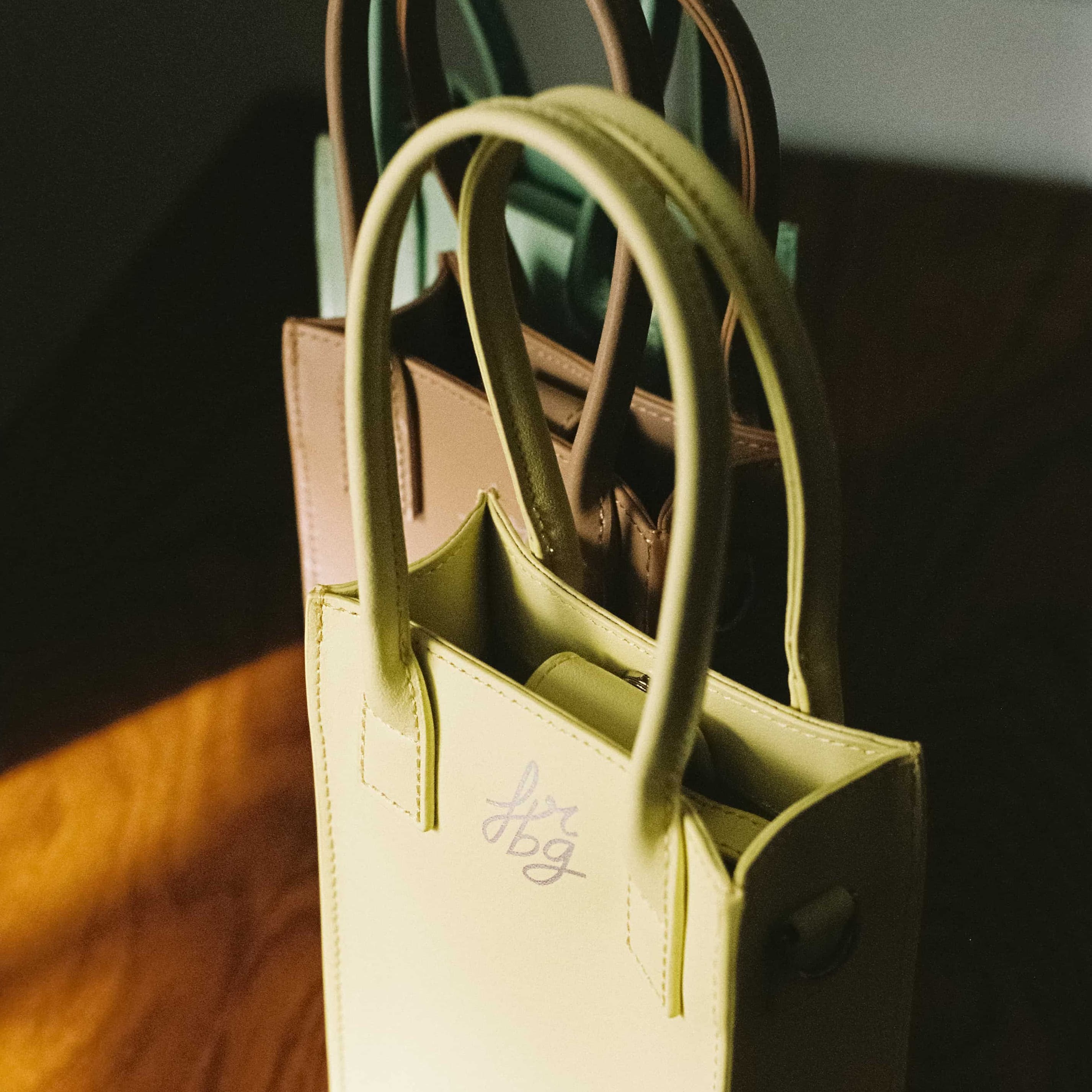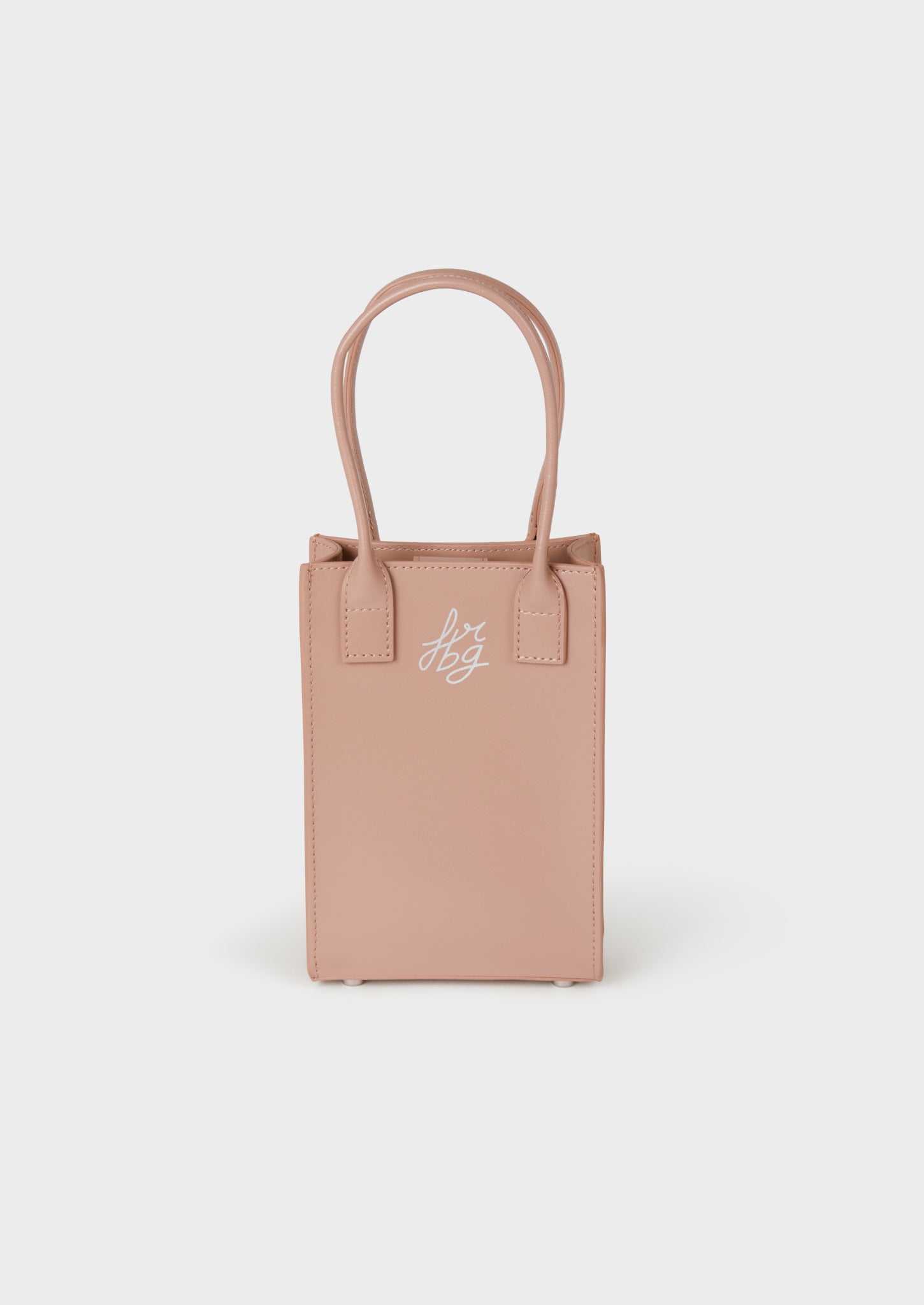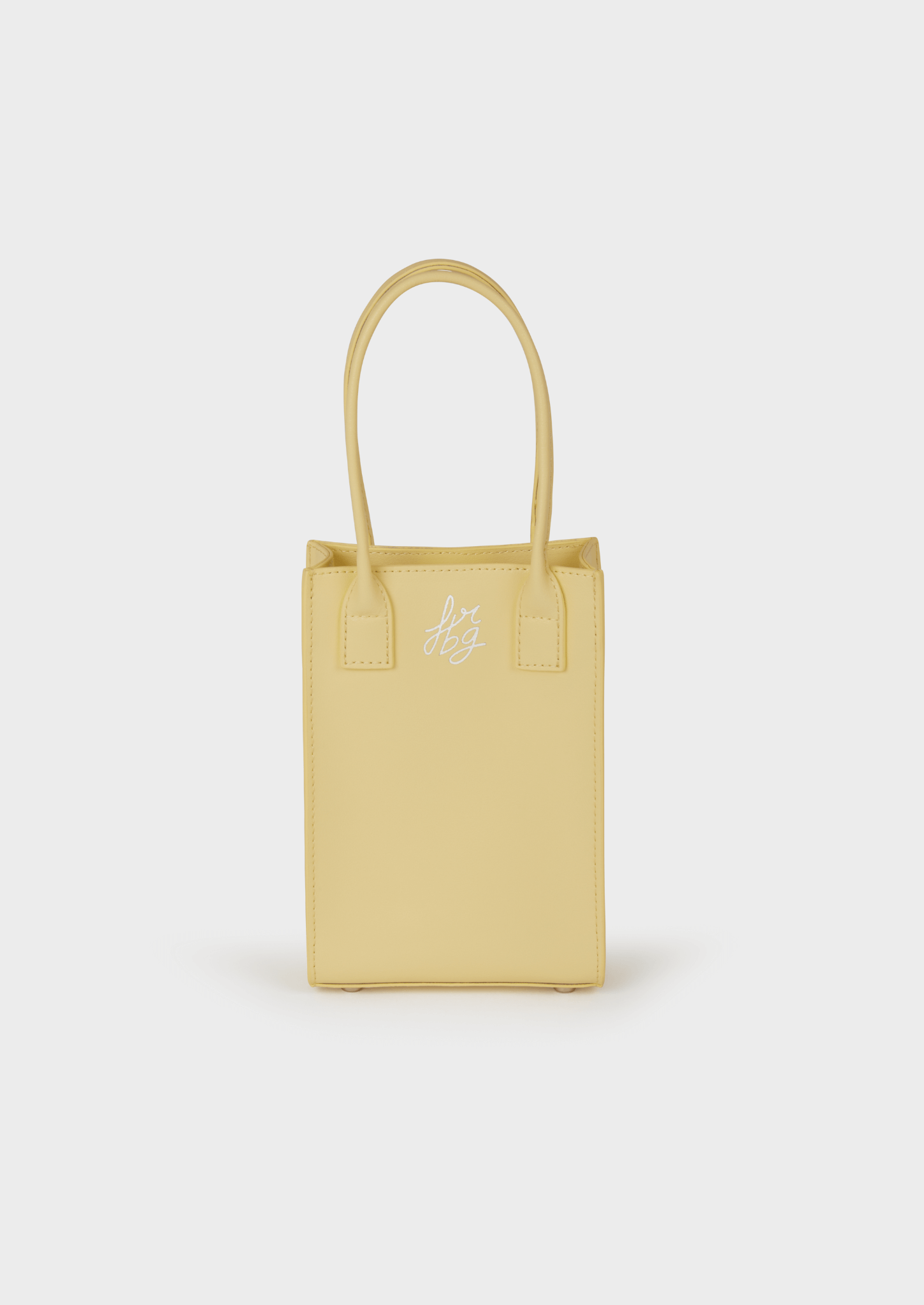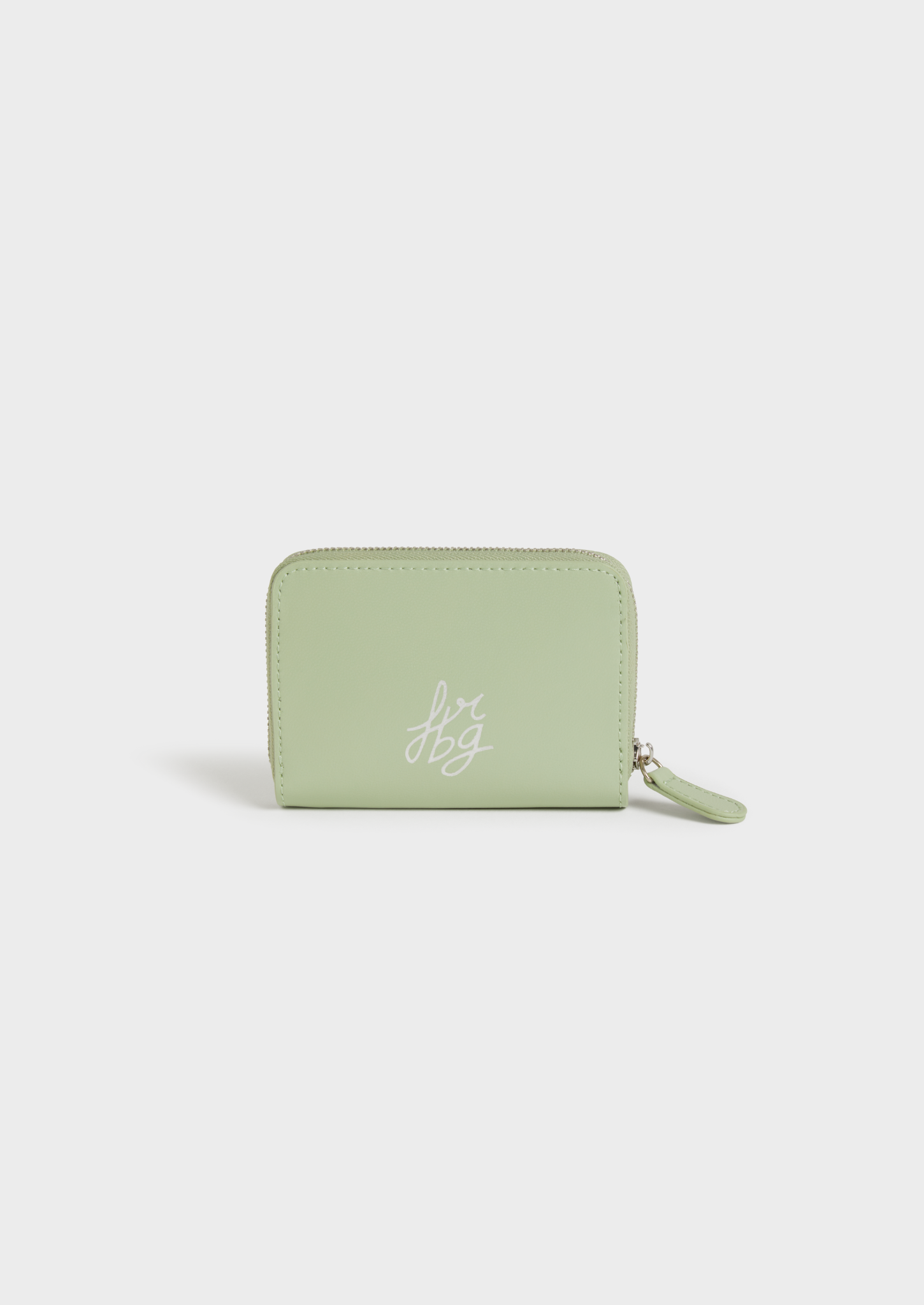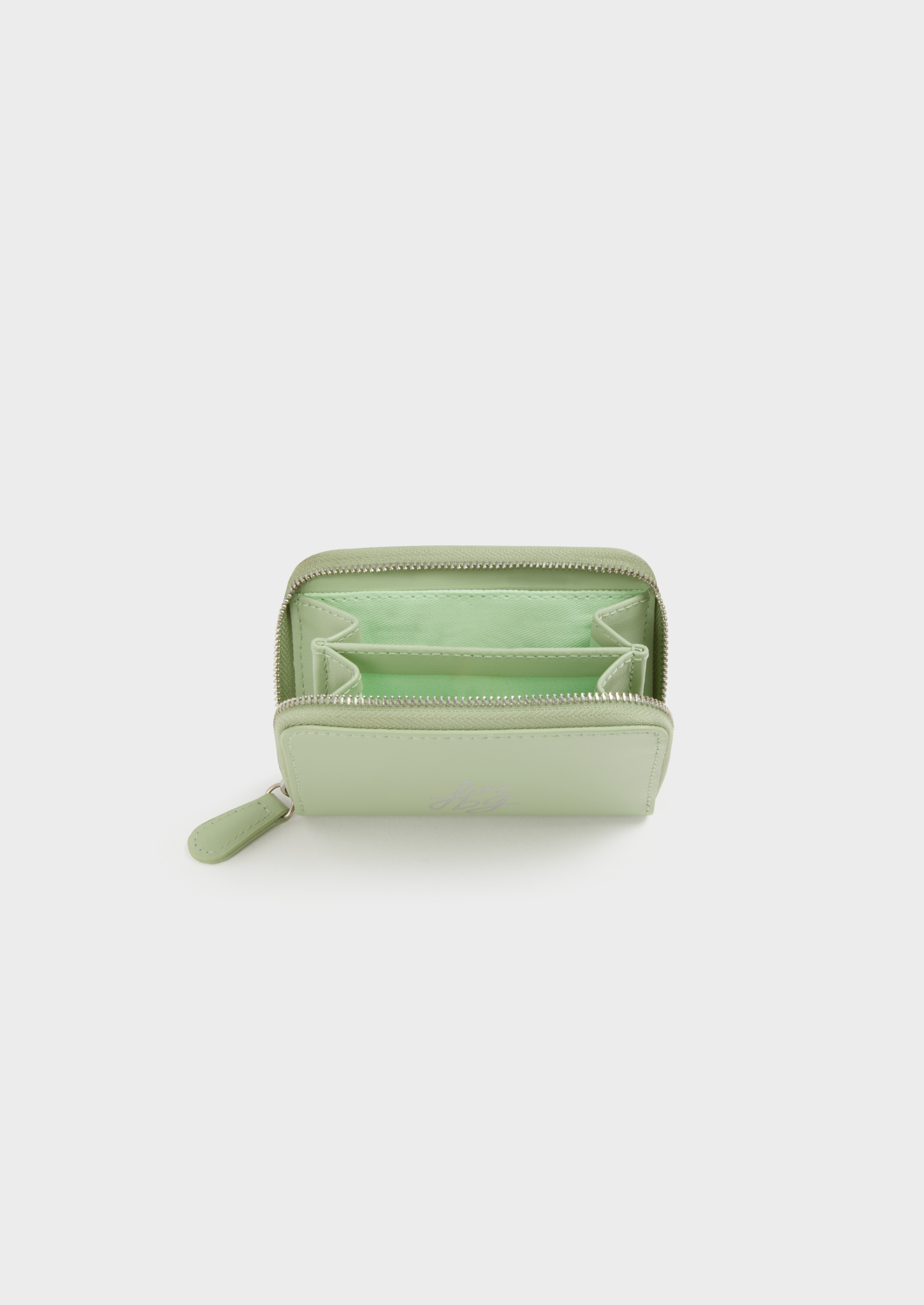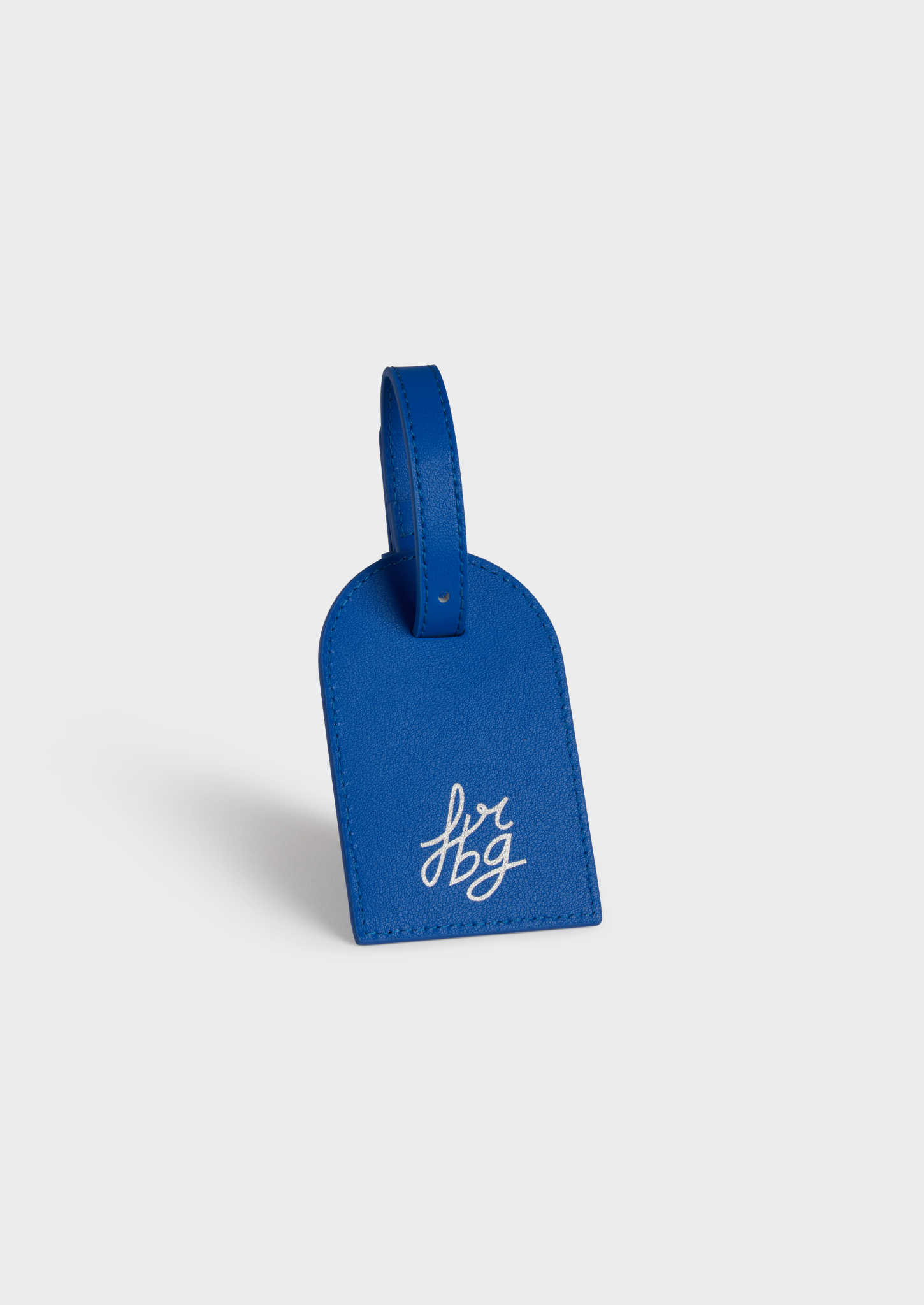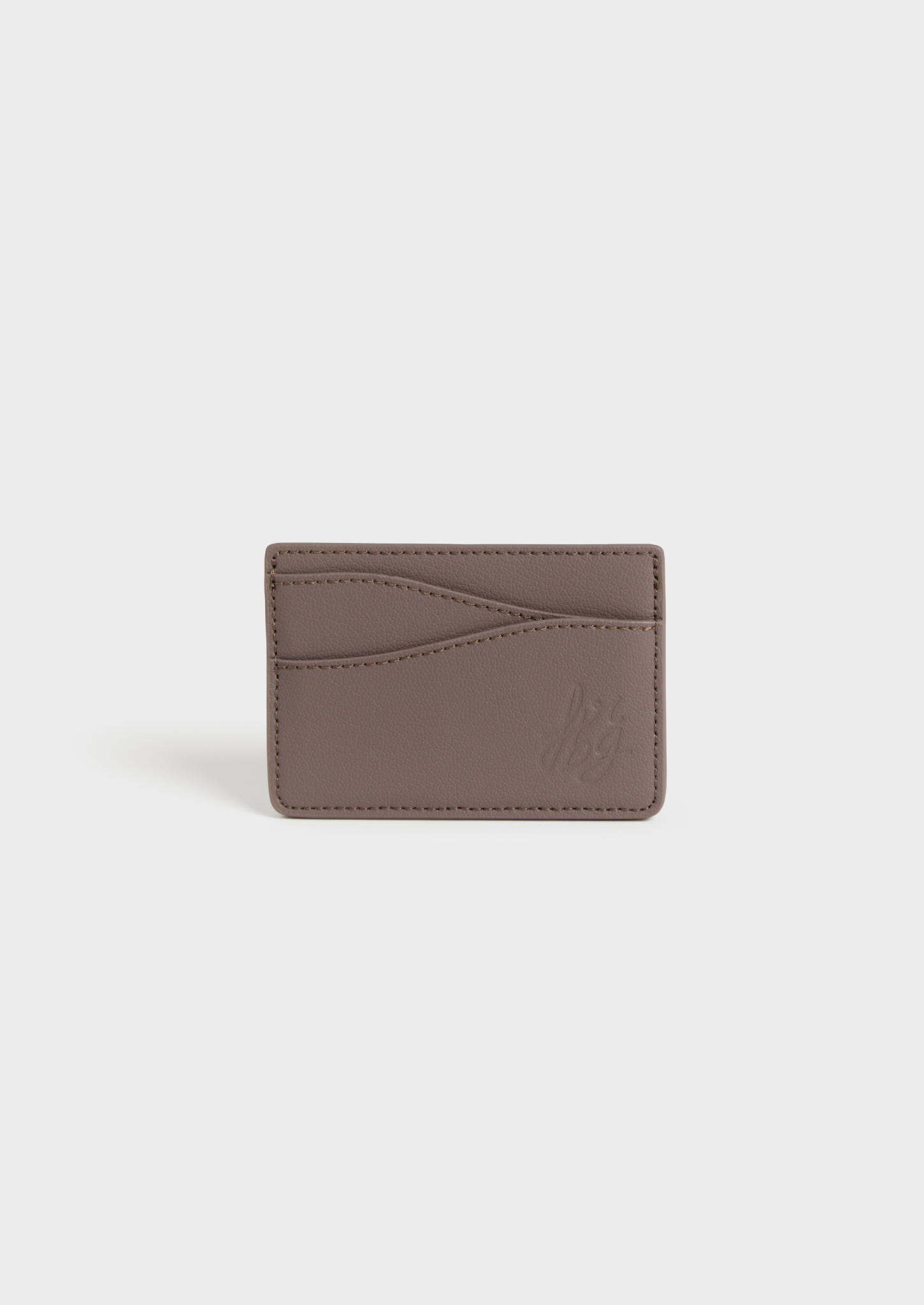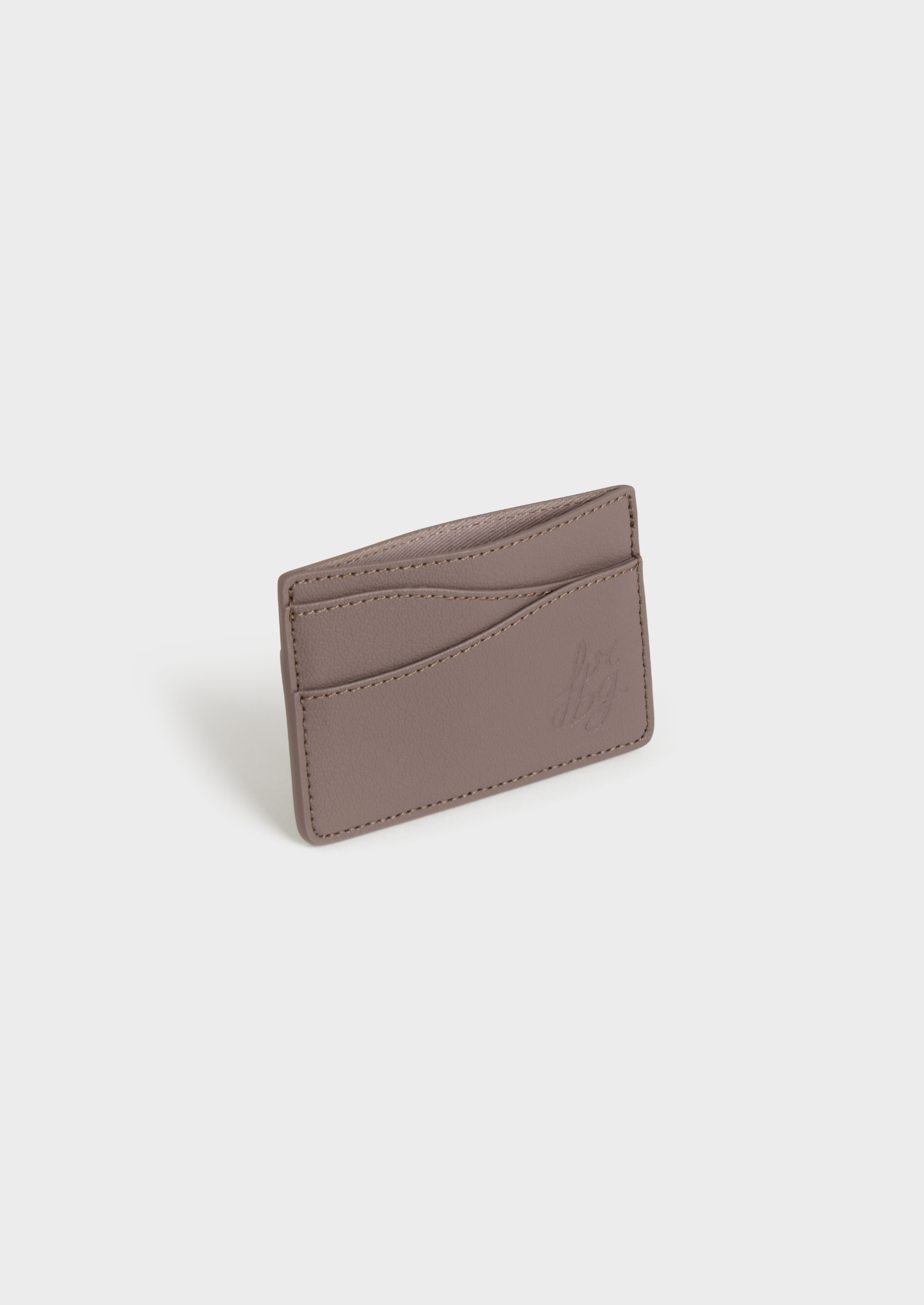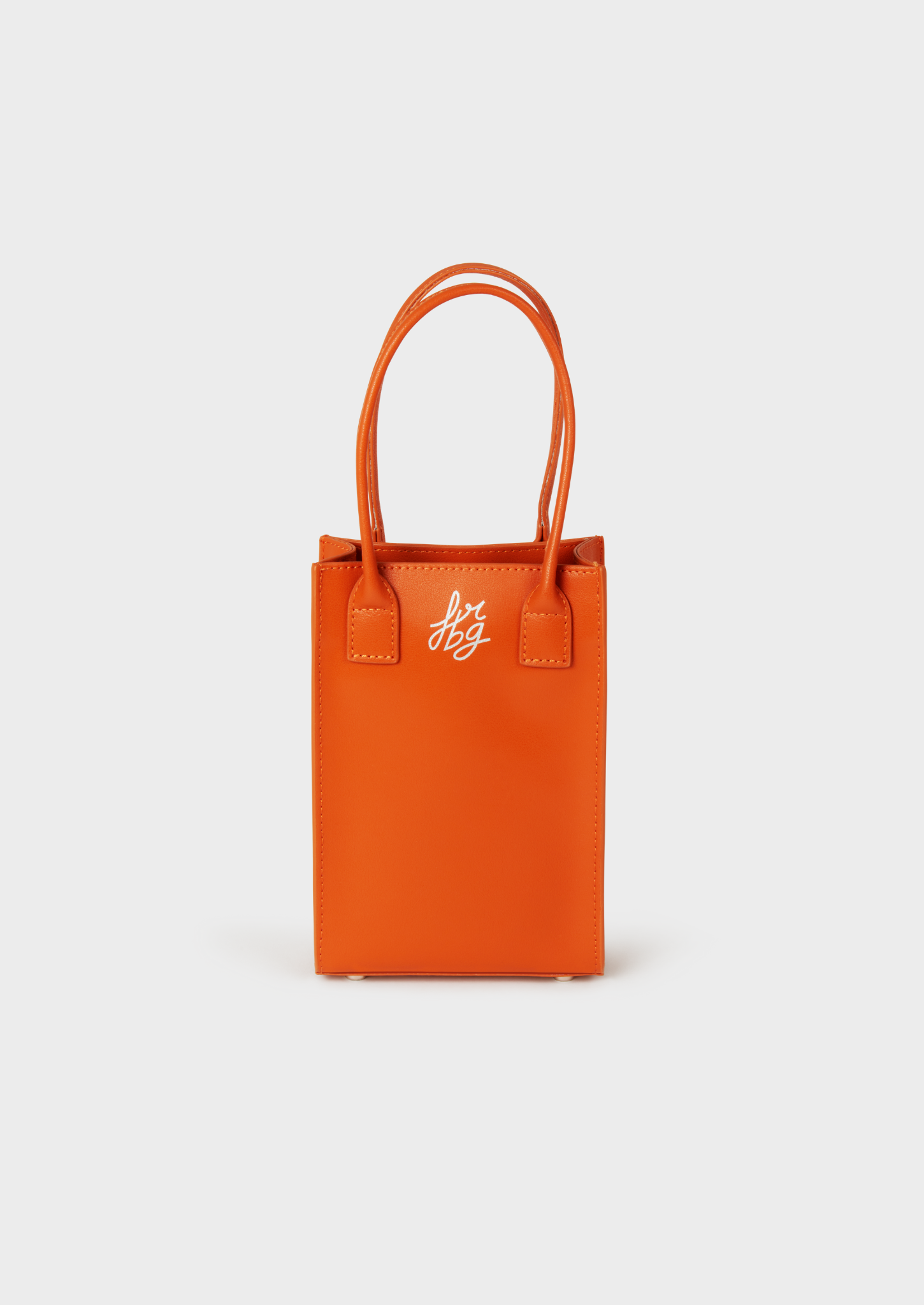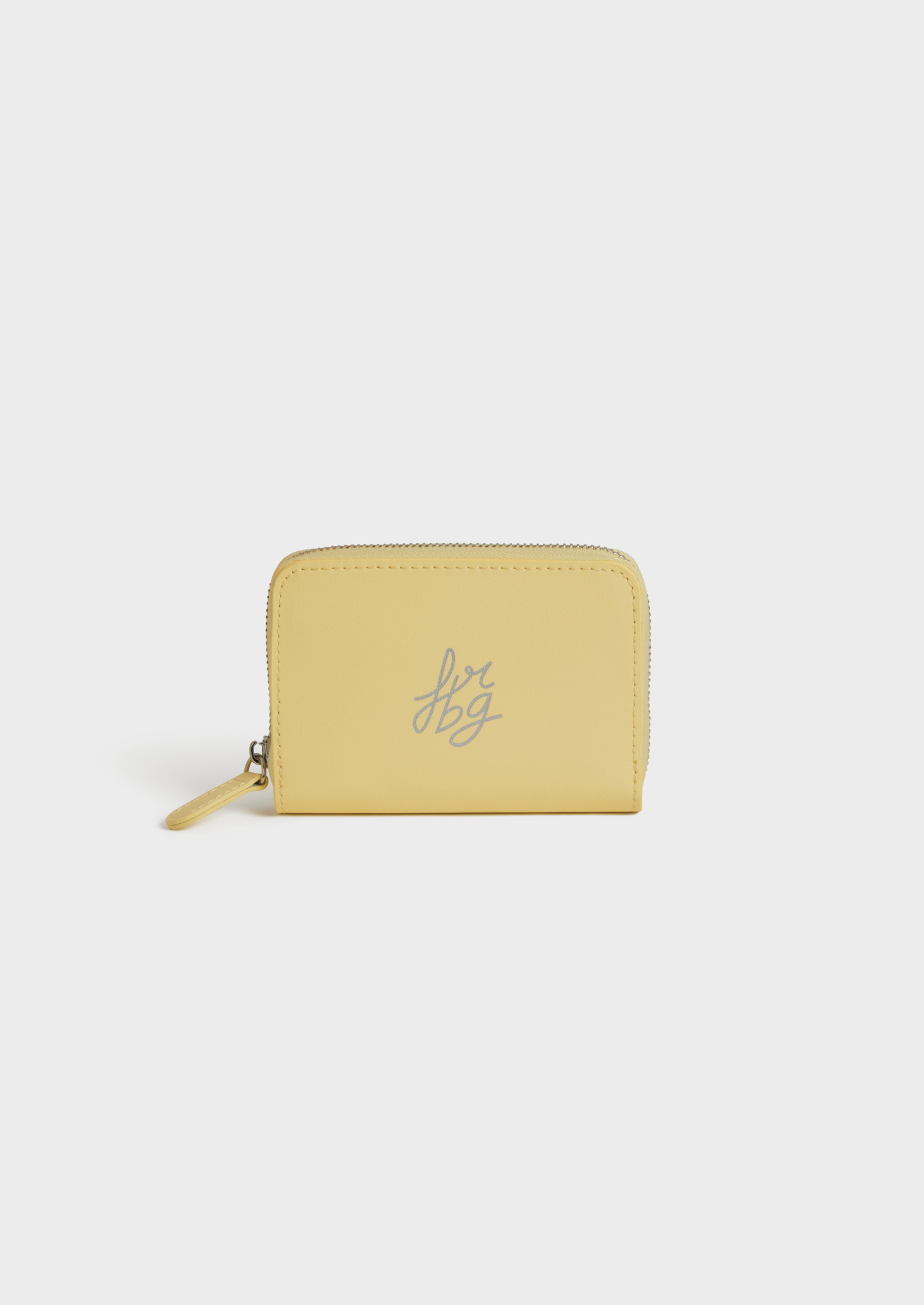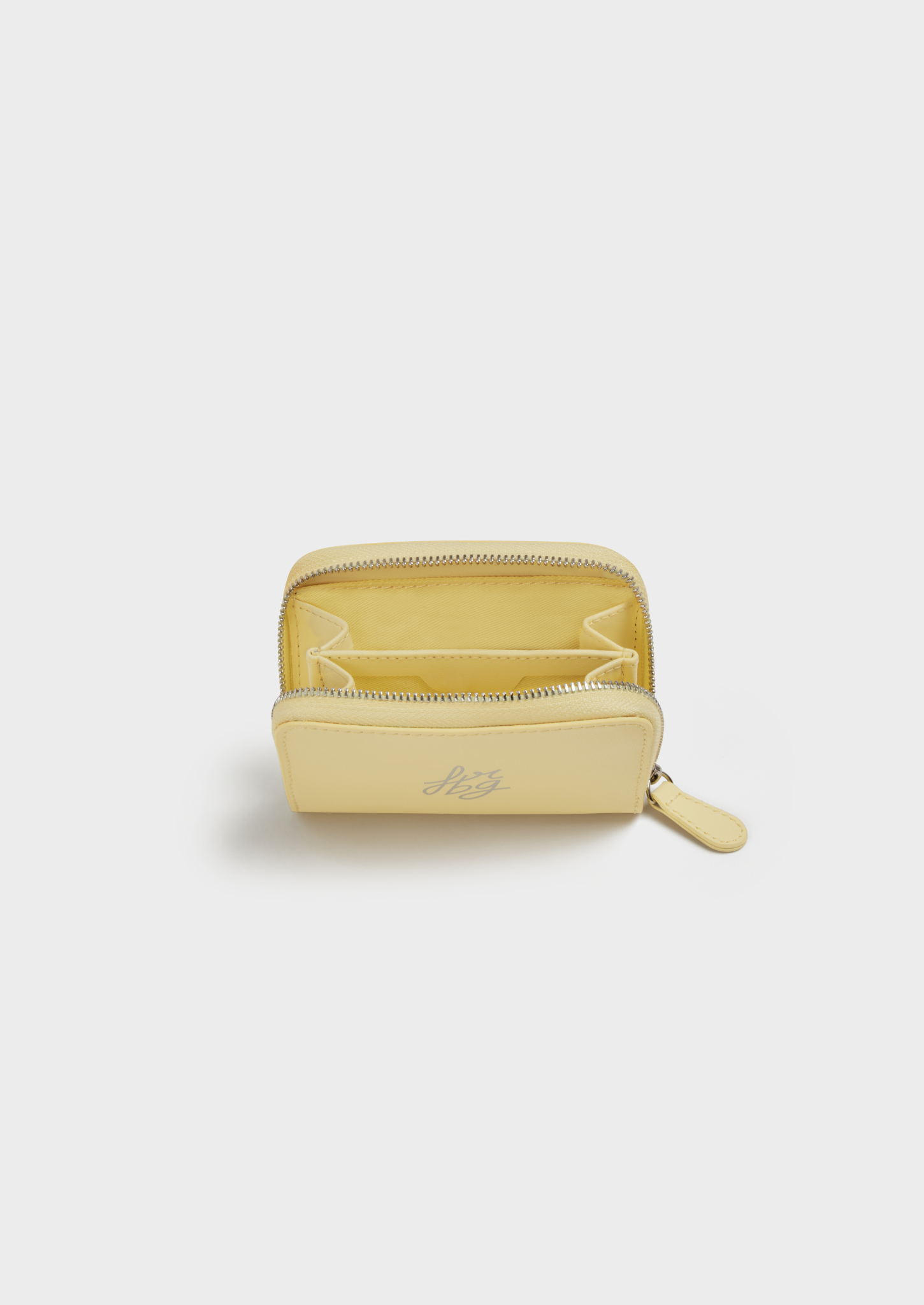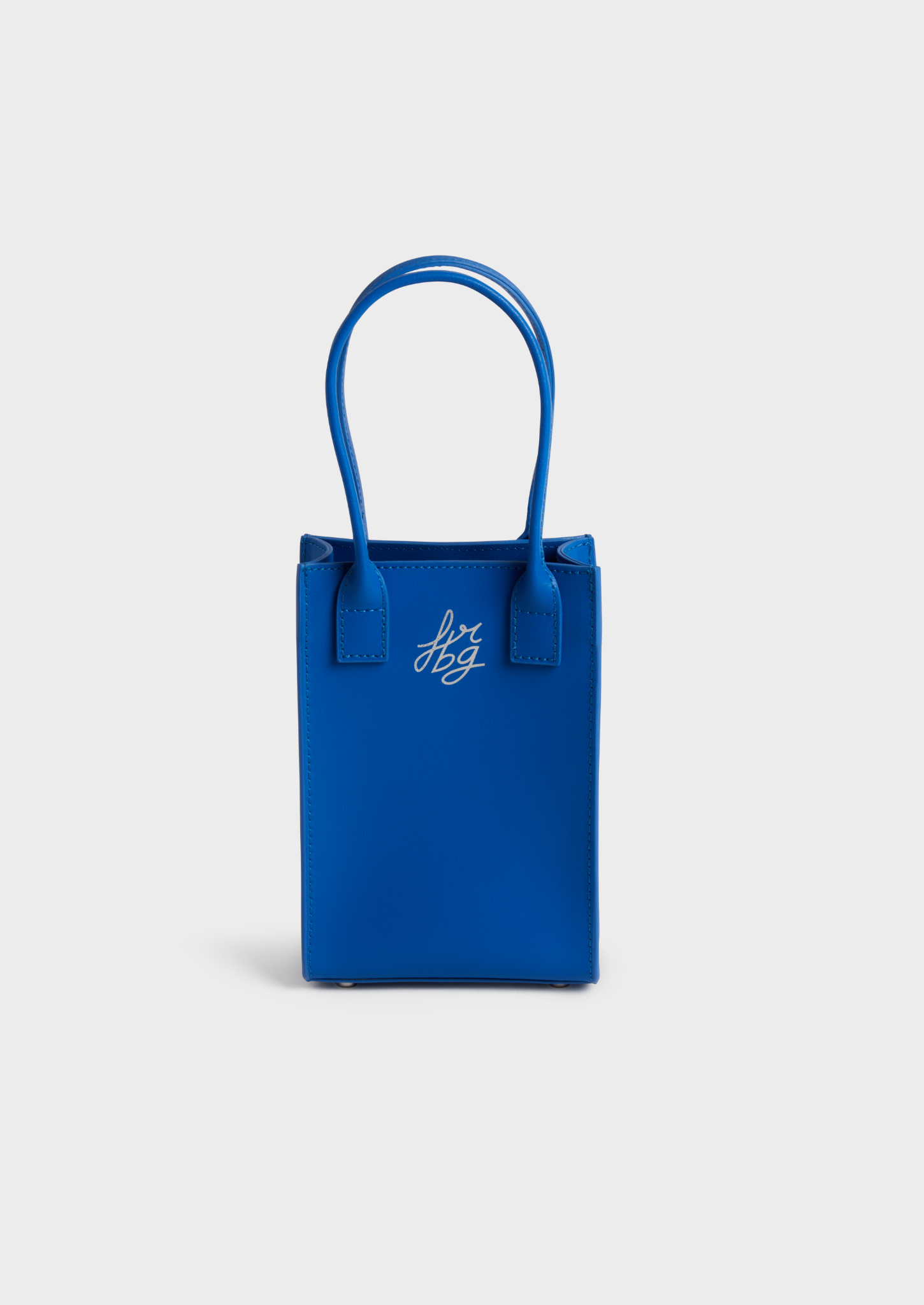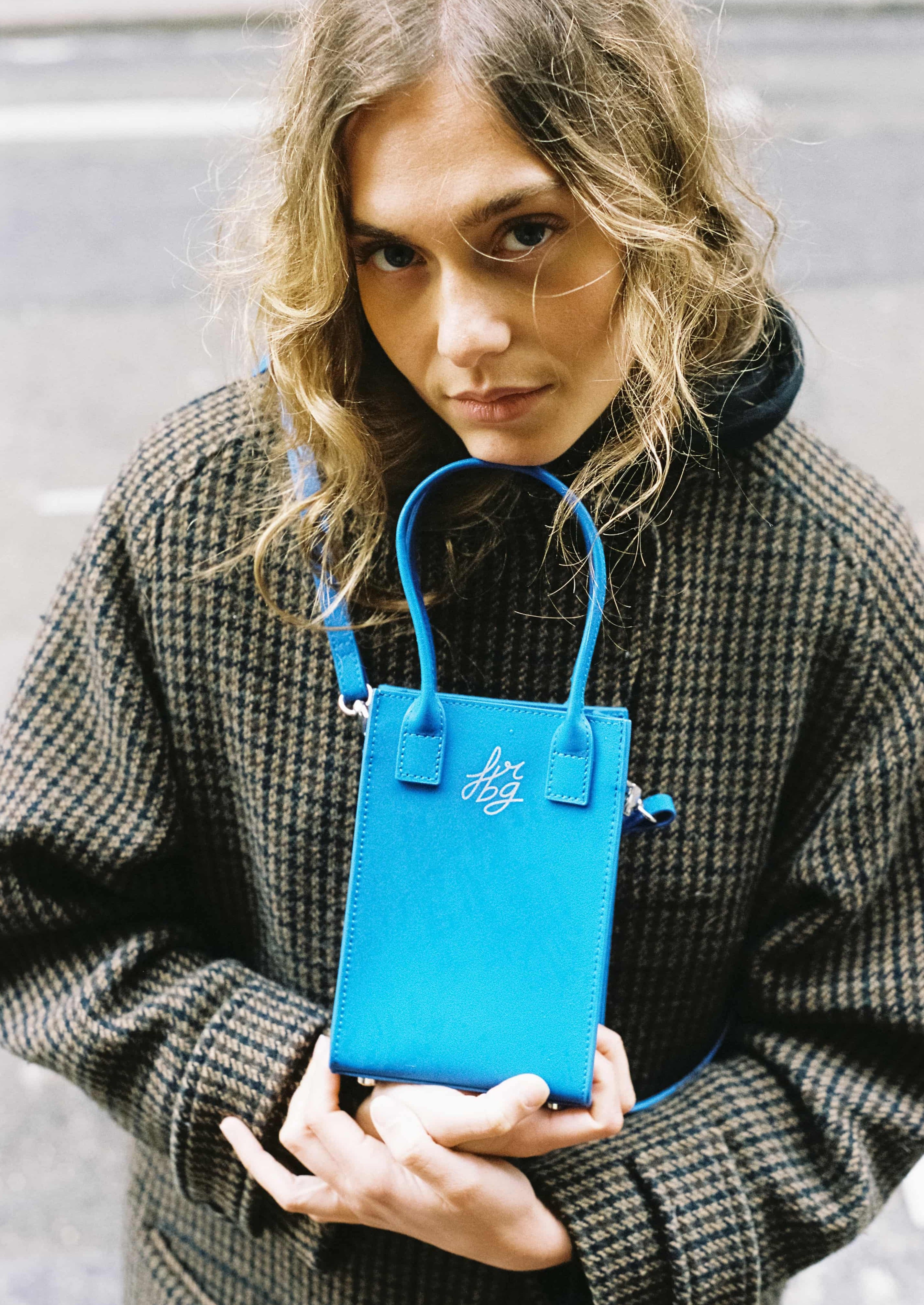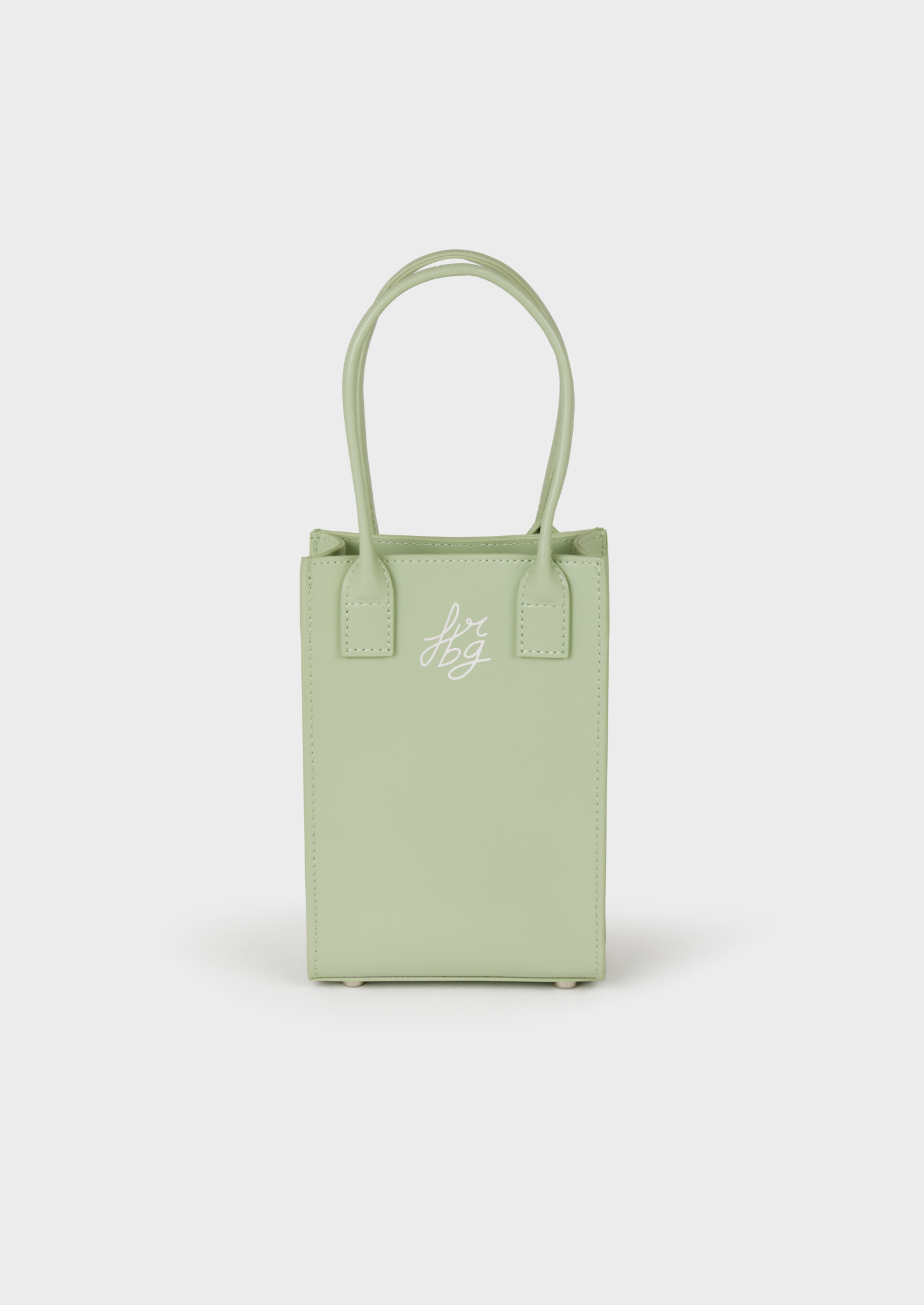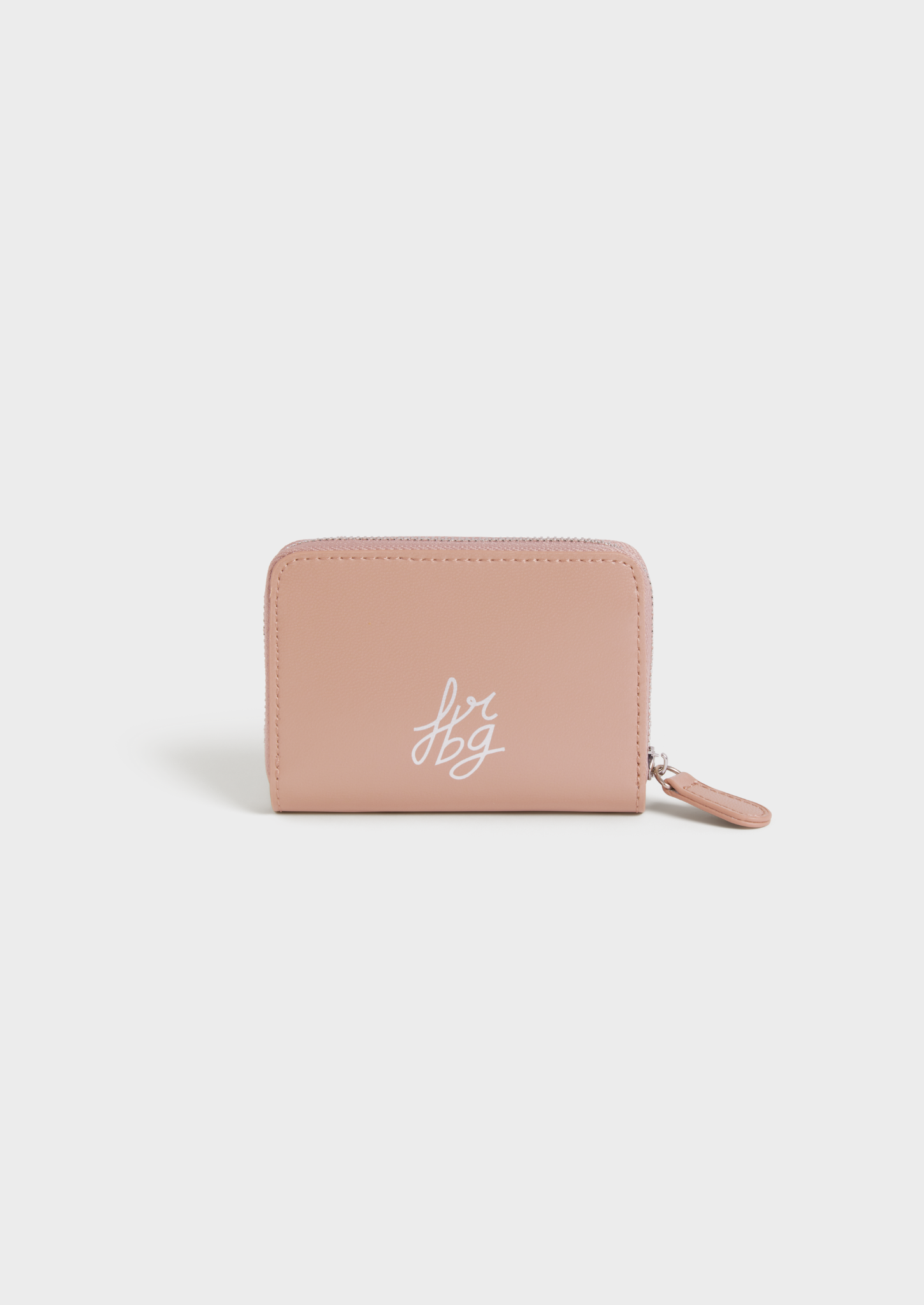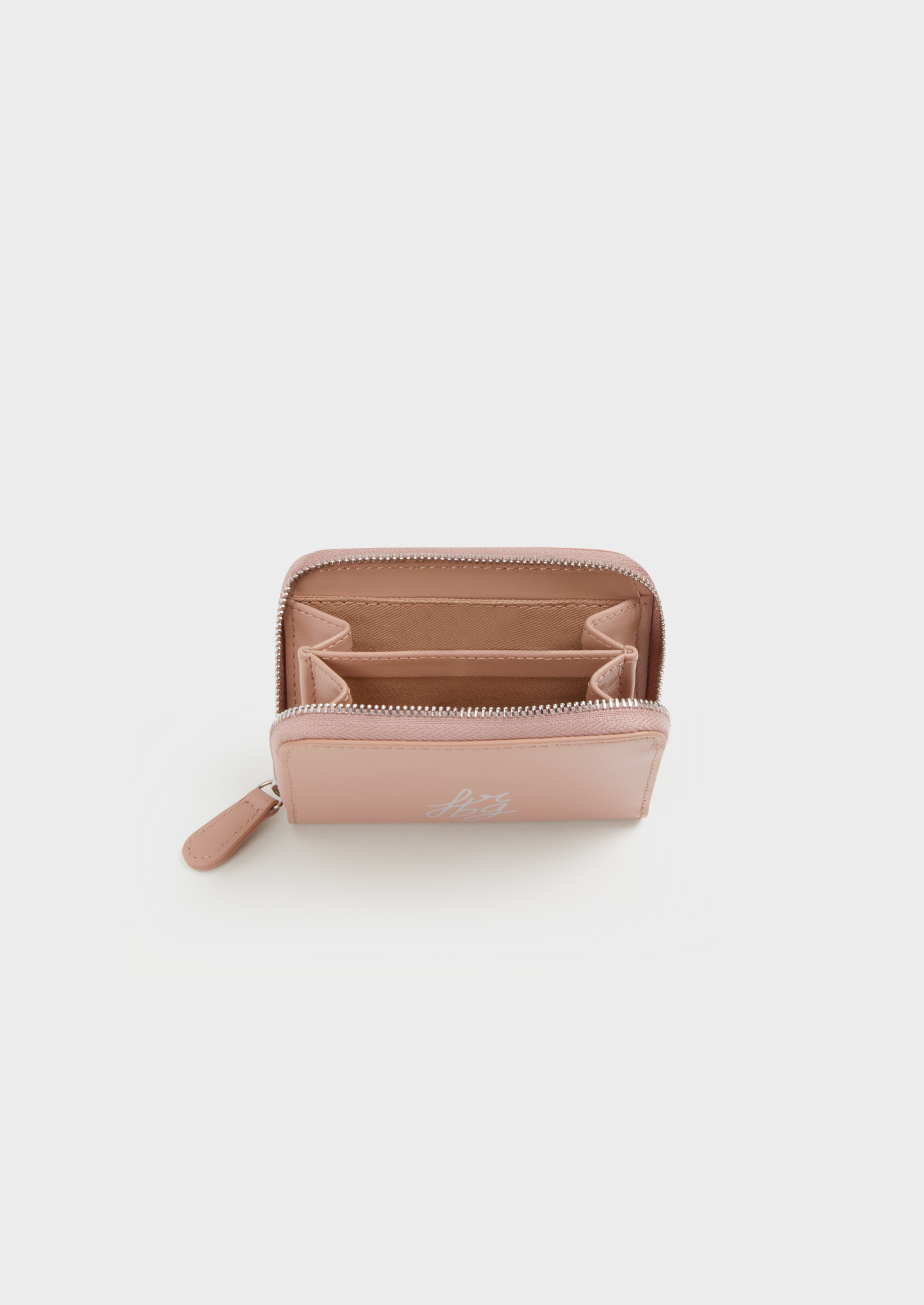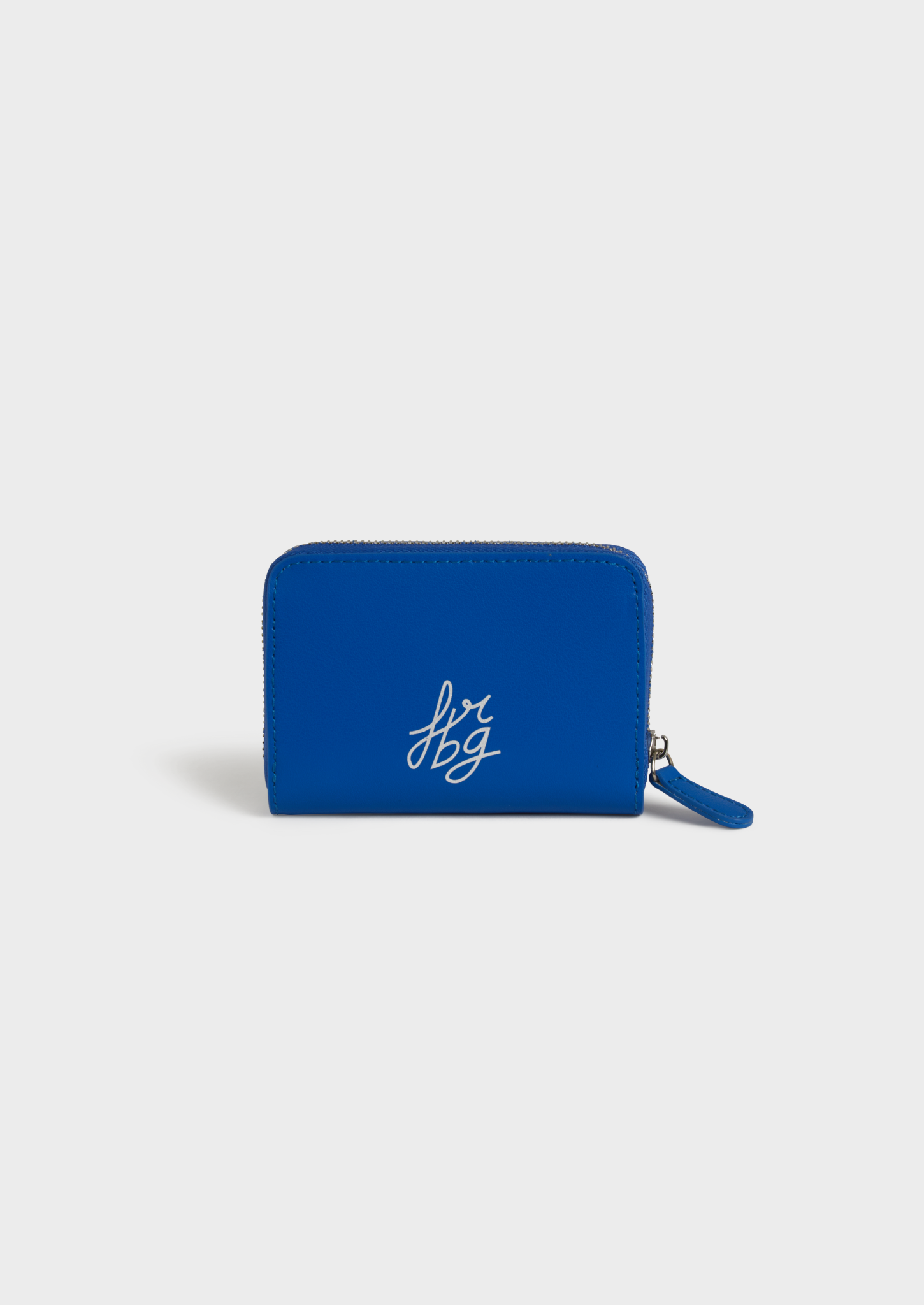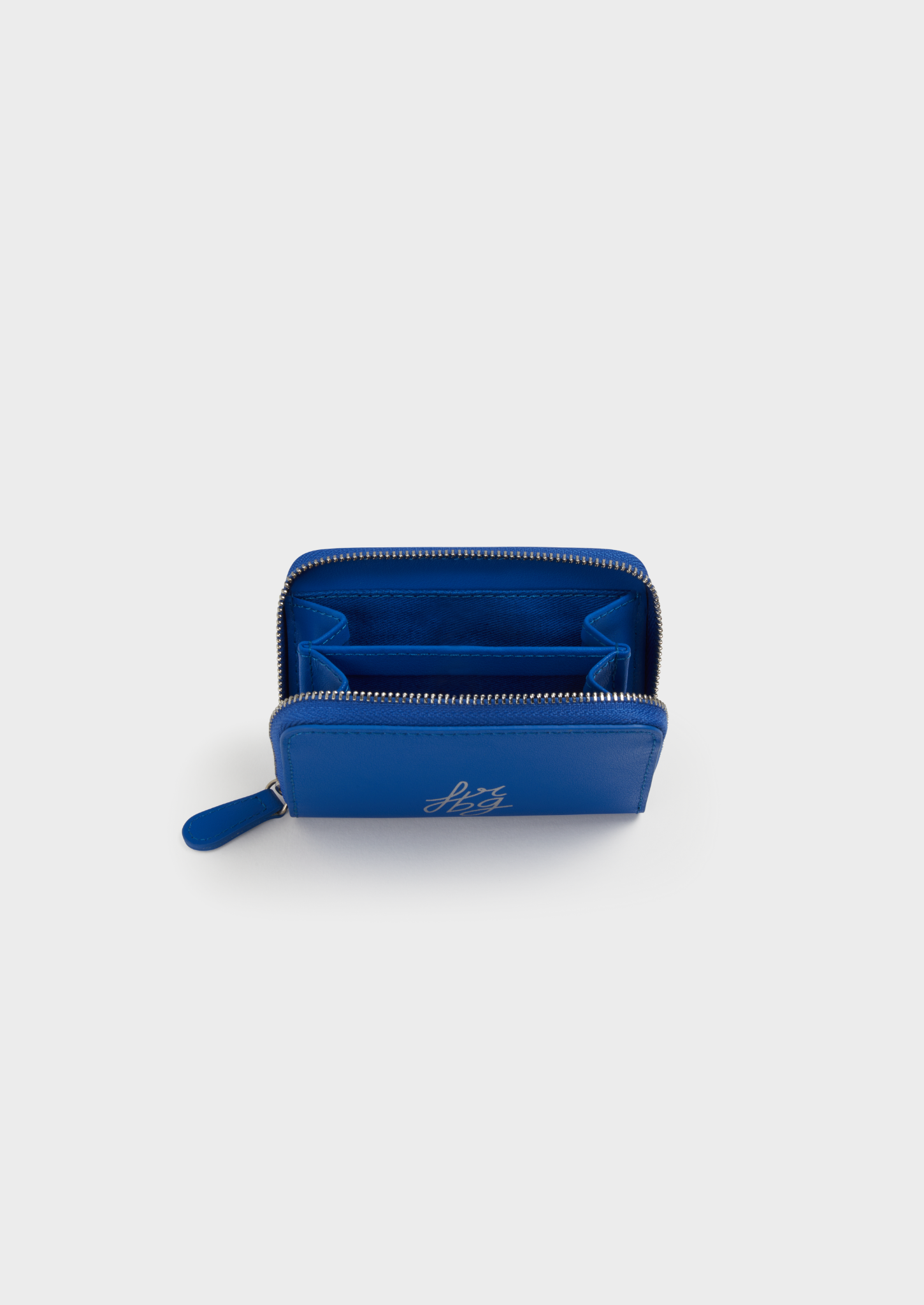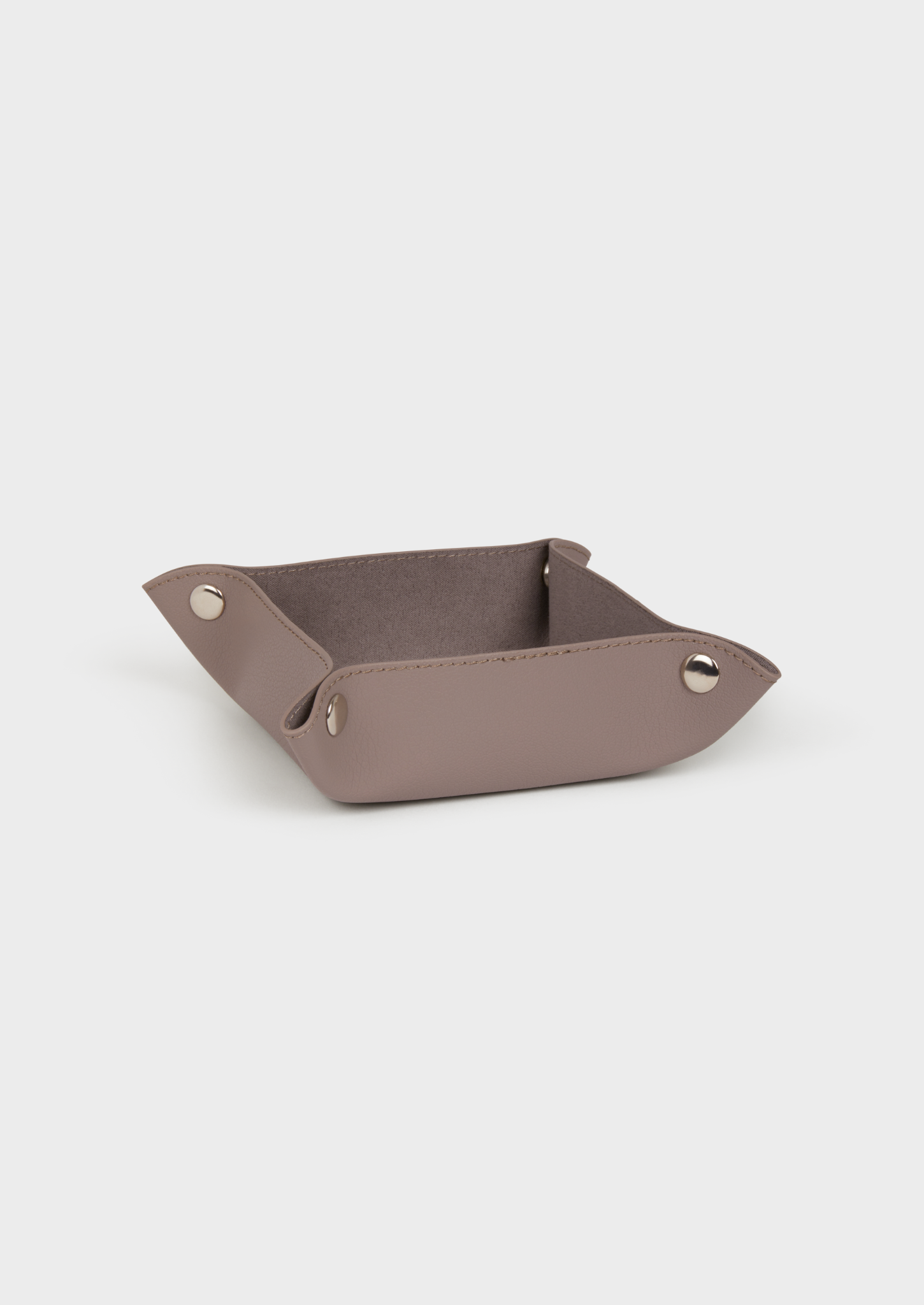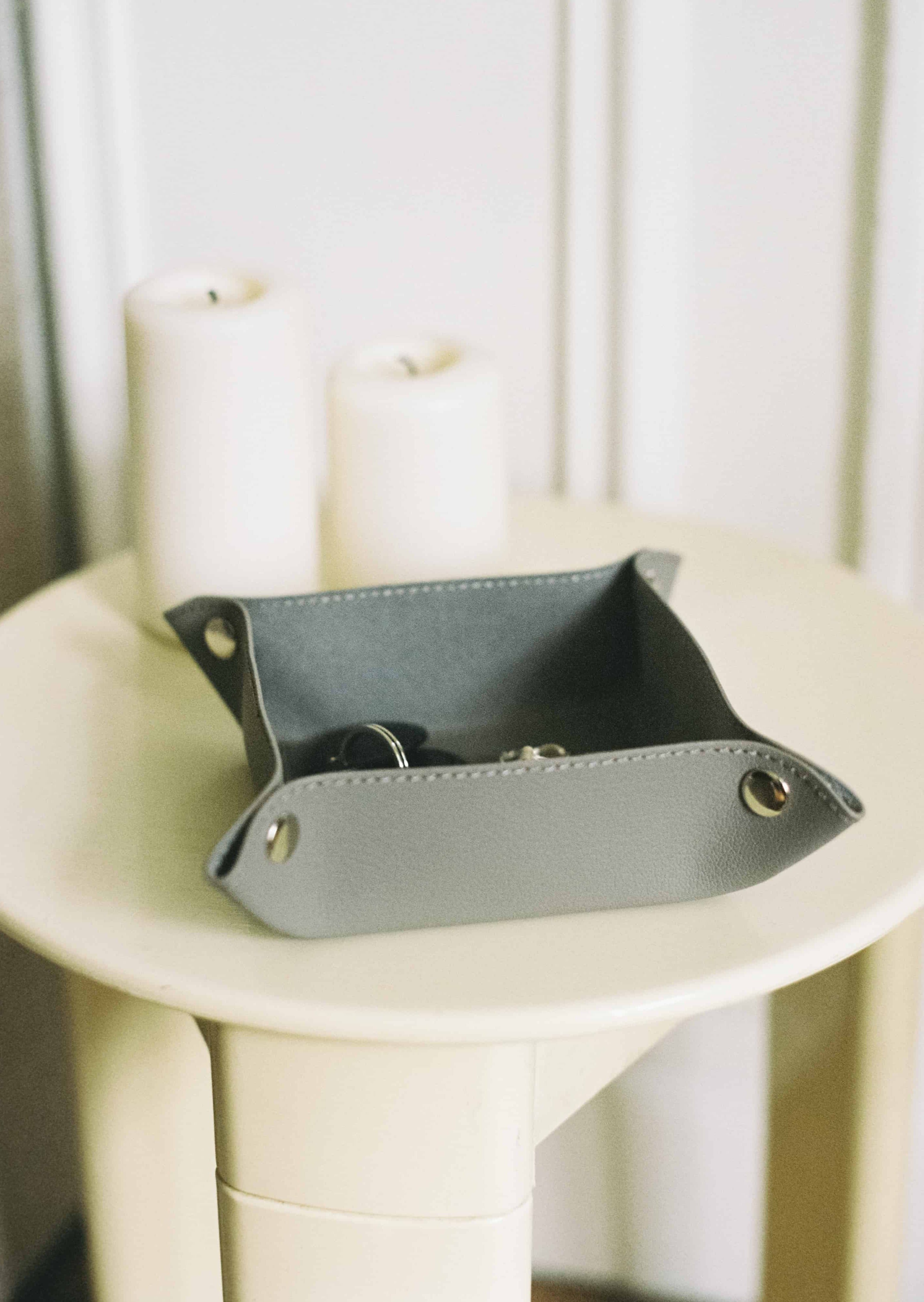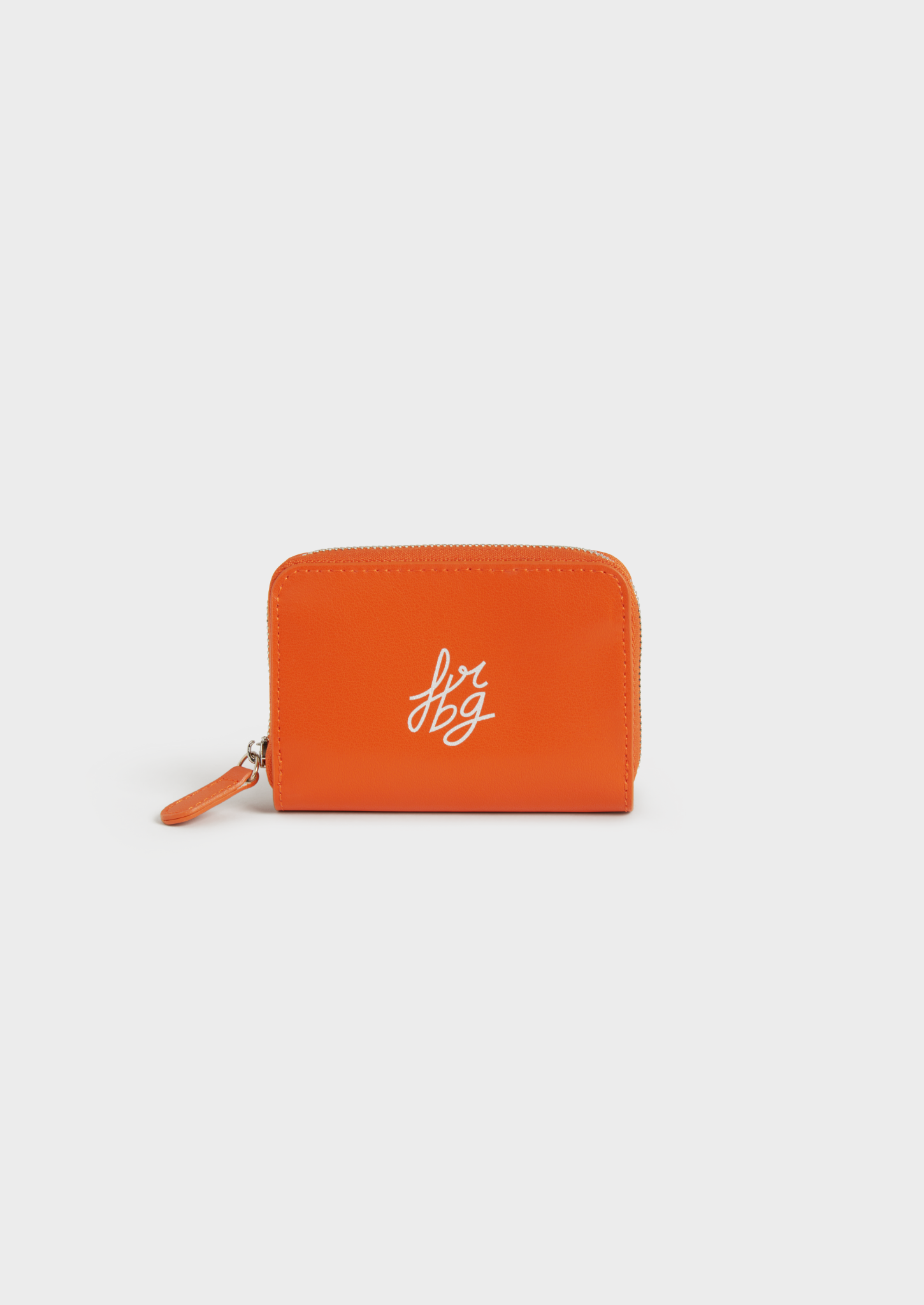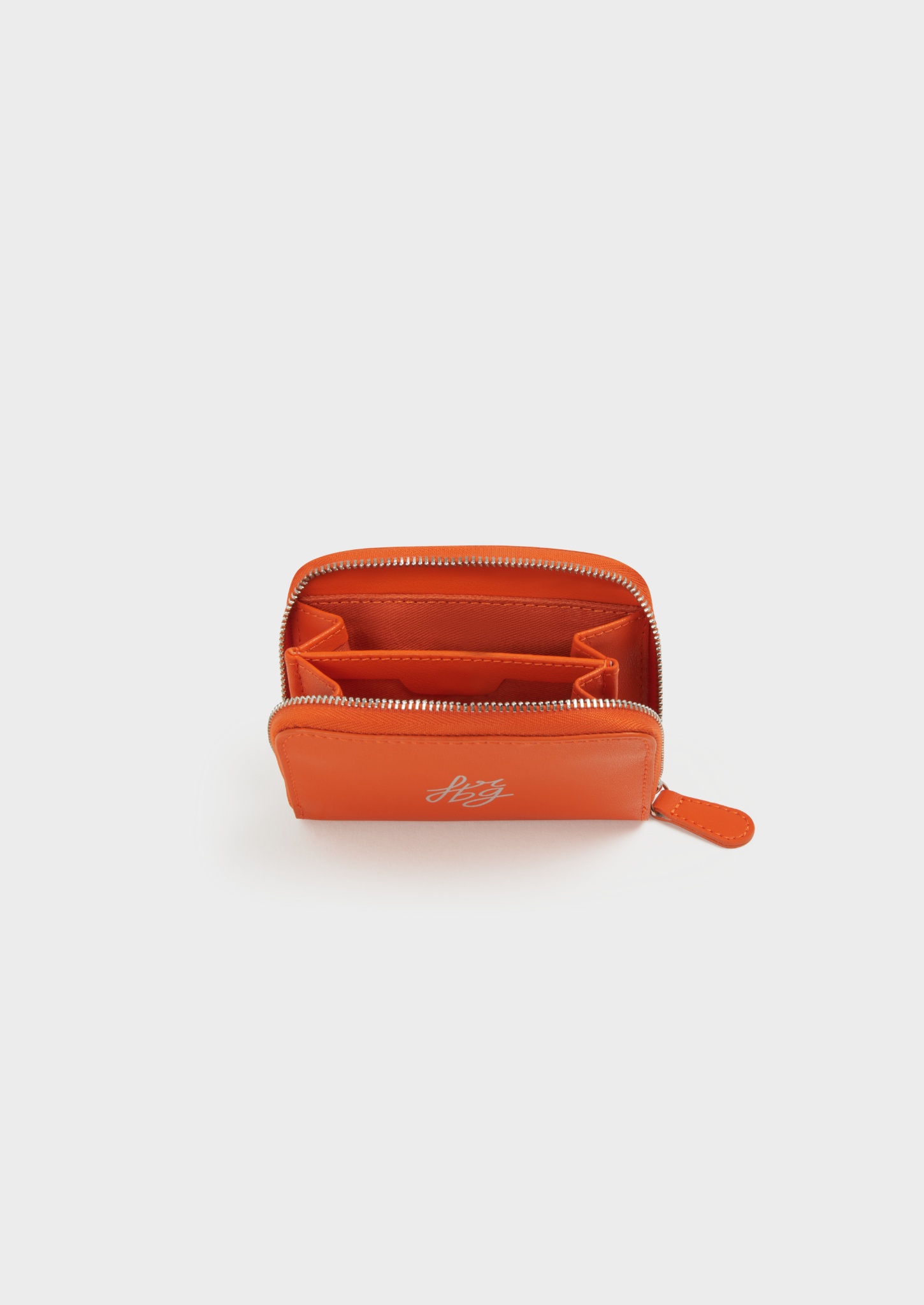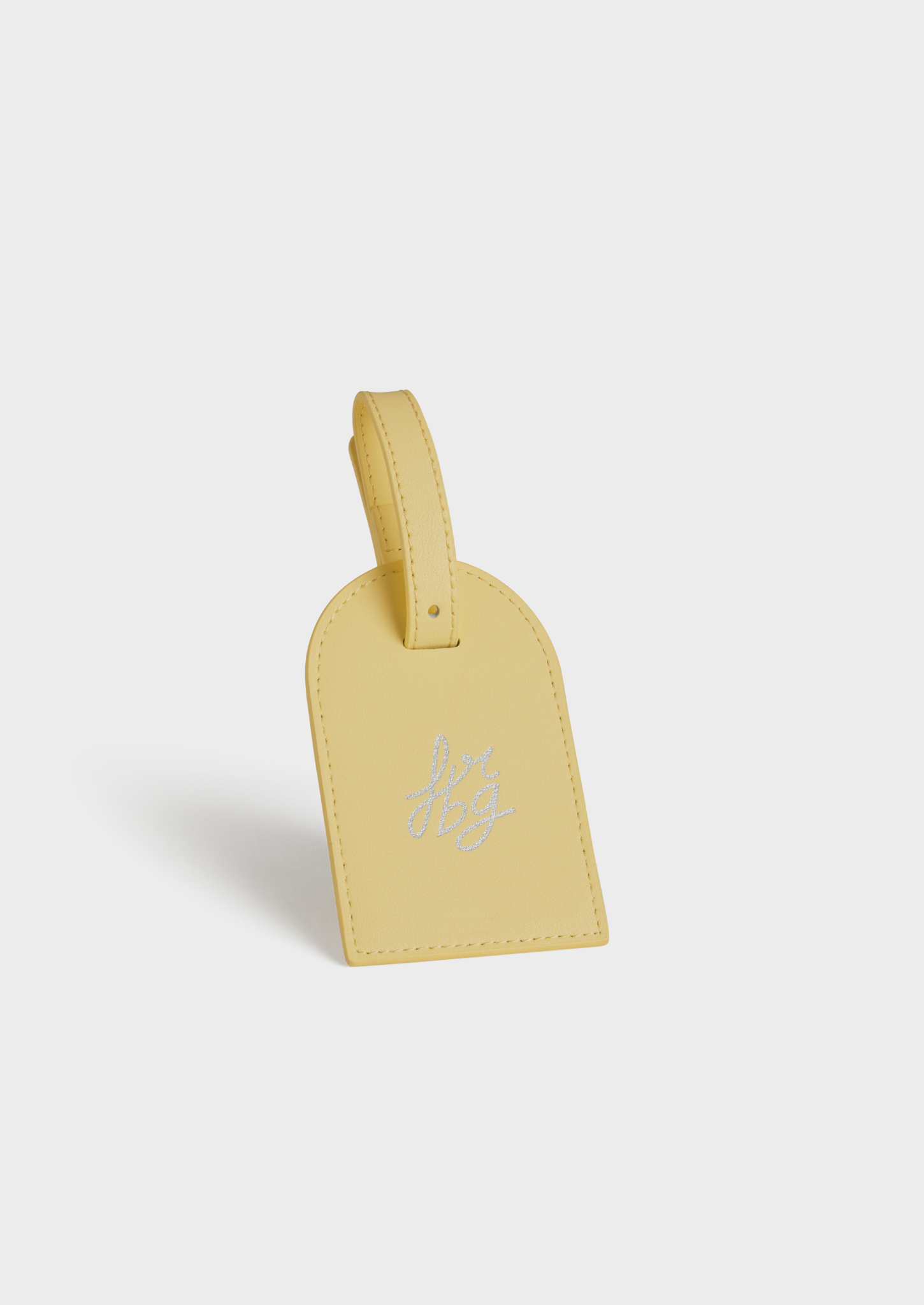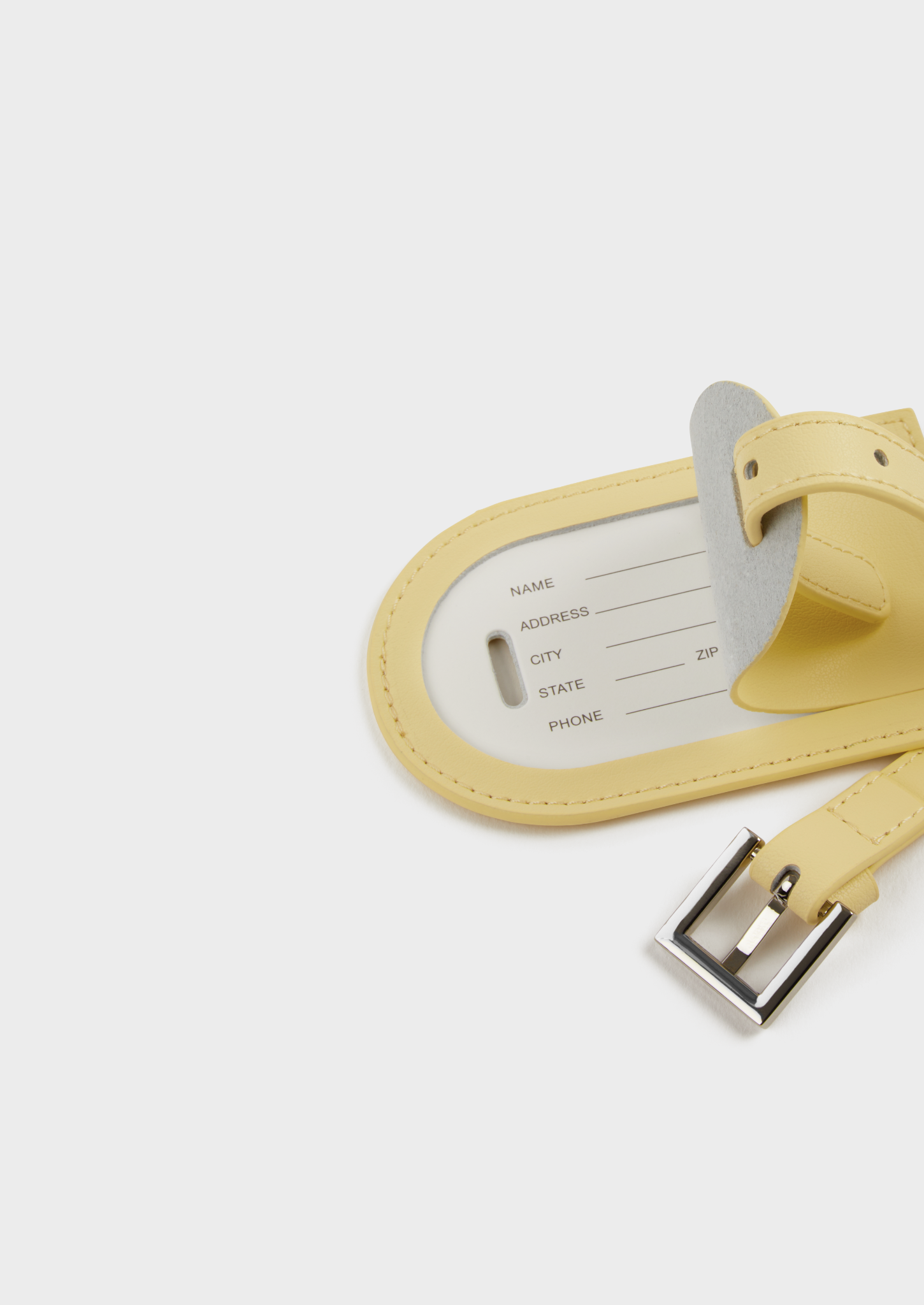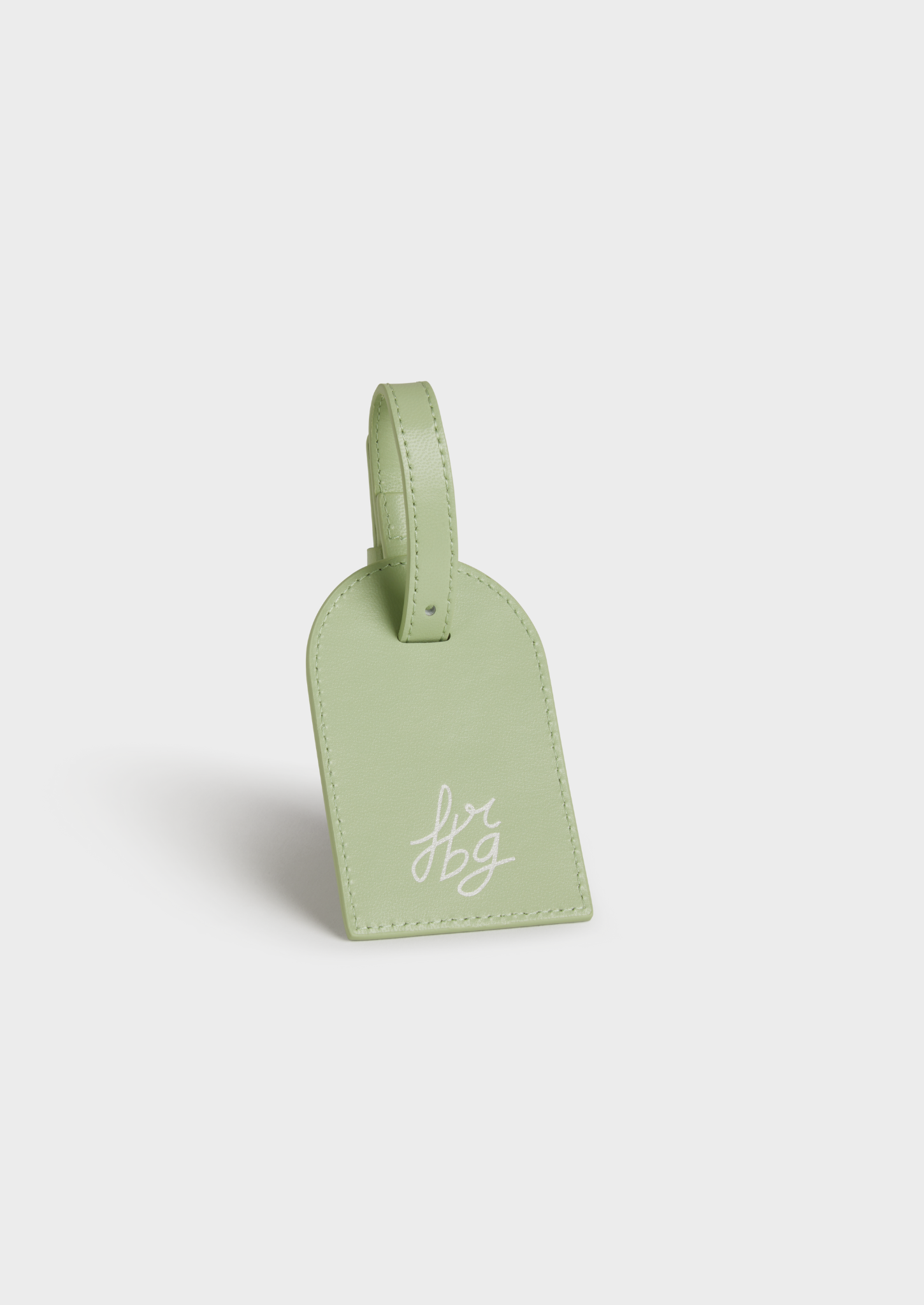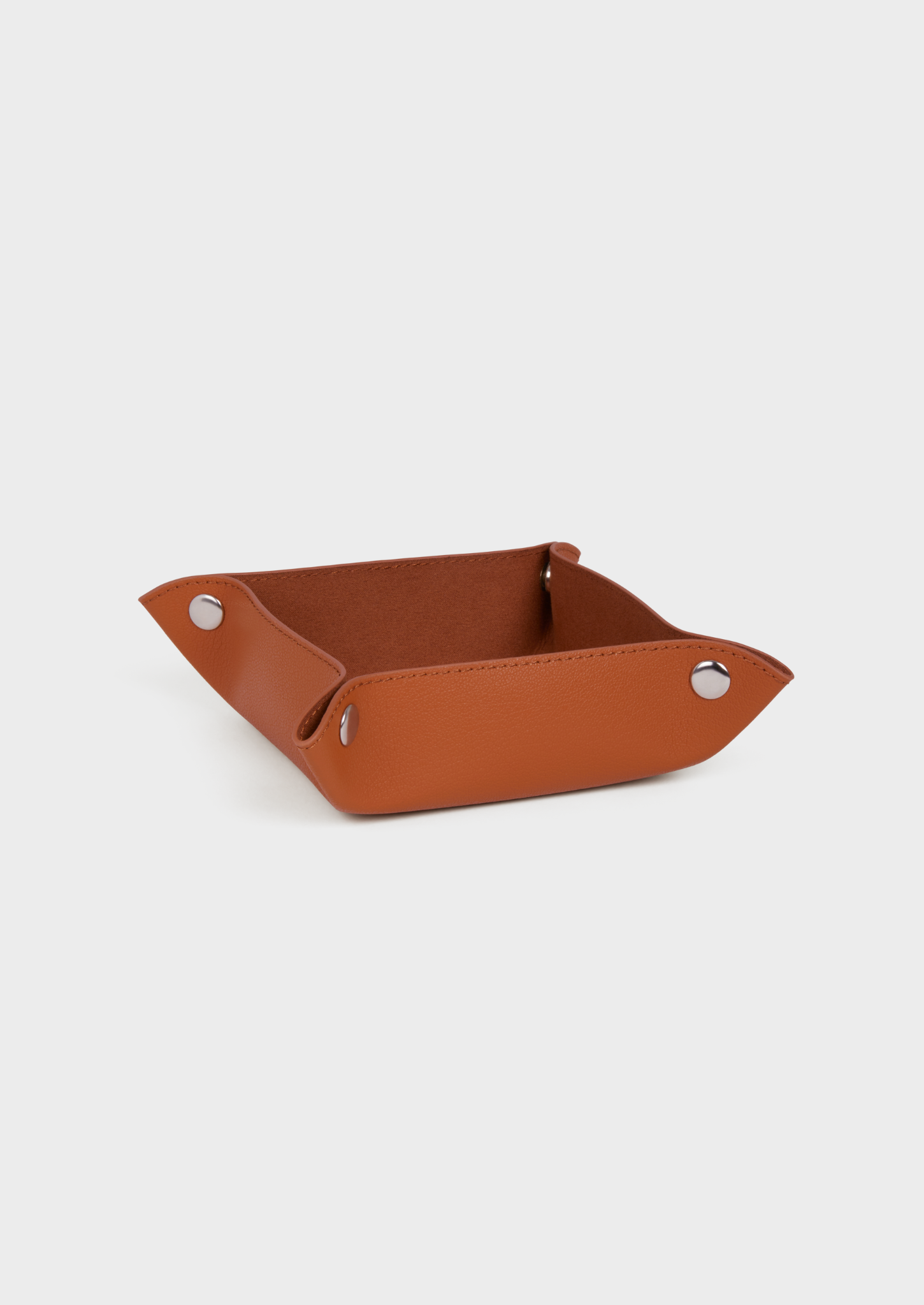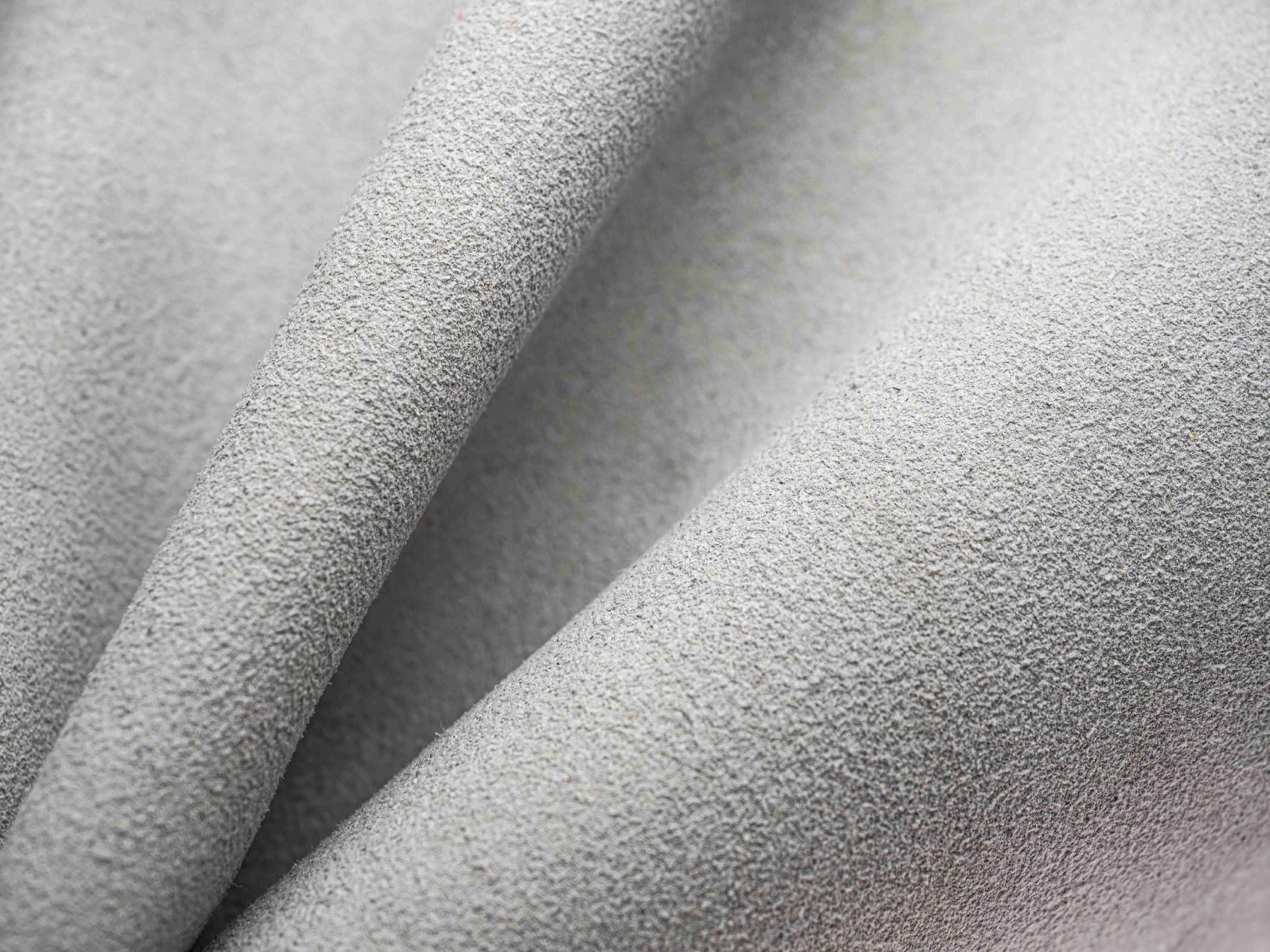
Où et comment
Add your own custom content to give more information about your store, availability details...
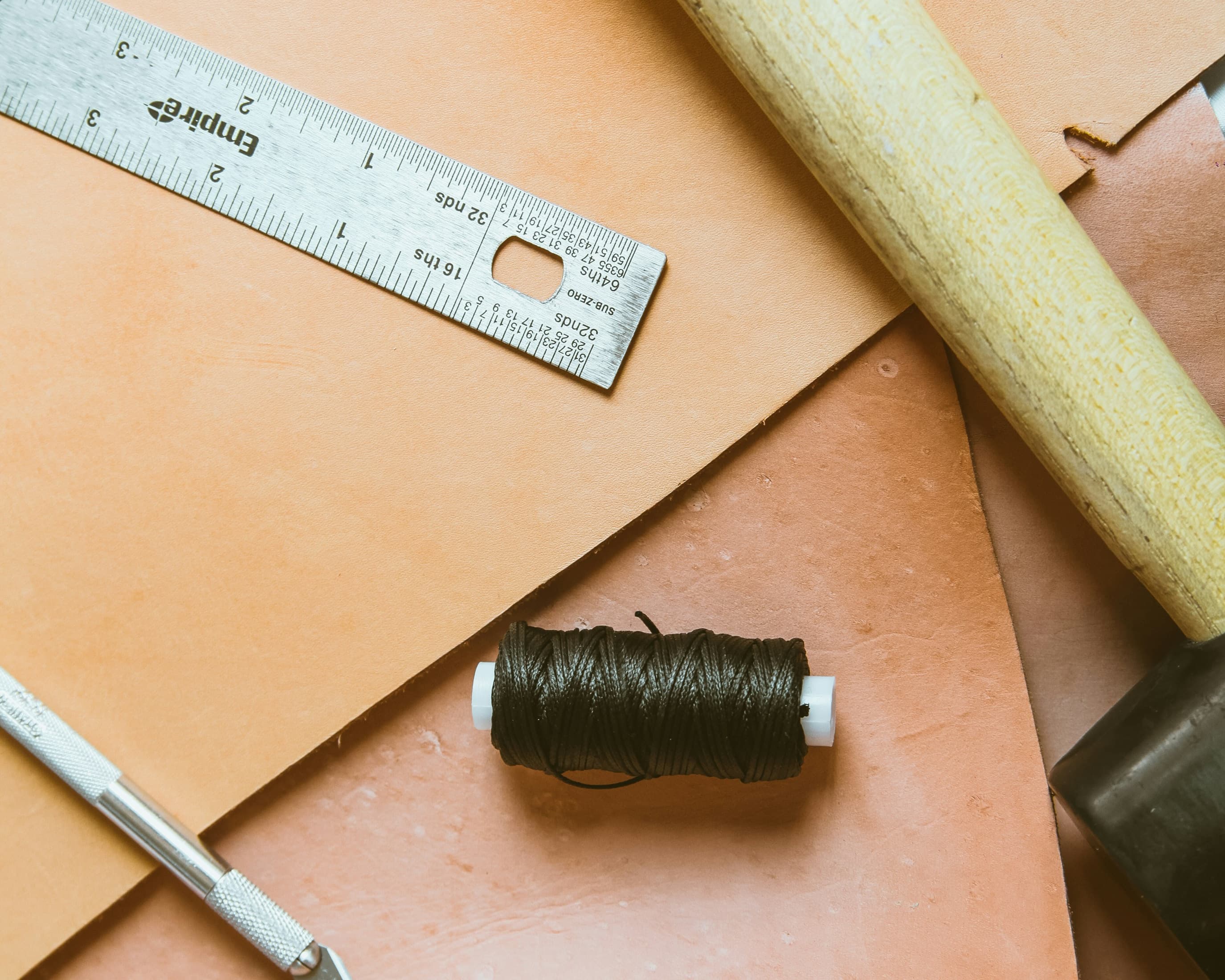
TRADITIONAL ARTISANAL
It means that Sézane is closer to becoming the brand we desire to be at our essence. From the choice of production methods, raw materials and working conditions to our environmental footprint and engagement in the community, B-Corp and our Mission-led Company label is the stringent, independent validation of what we stand for.
So much has been achieved so far, but I know we can go even further in the future. This is just the beginning.

UNE PROMESSE DE QUALITÉ
It means that Sézane is closer to becoming the brand we desire to be at our essence. From the choice of production methods, raw materials and working conditions to our environmental footprint and engagement in the community, B-Corp and our Mission-led Company label is the stringent, independent validation of what we stand for.
Guided by a desire to create timeless pieces that respect the planet and its people, ¾ of the materials in our current collections are eco-friendly.
DÉCOUVRIR RECYC LEATHER
DES PARTENAIRES DE CONFIANCE
It means that Sézane is closer to becoming the brand we desire to be at our essence. From the choice of production methods, raw materials and working conditions to our environmental footprint and engagement in the community, B-Corp and our Mission-led Company label is the stringent, independent validation of what we stand for.
So much has been achieved so far, but I know we can go even further in the future. This is just the beginning.
Viscose is obtained from wood pulp from certified, environmentally responsible and controlled sources via a fully traceable manufacturing process.
*LENZING™ and ECOVERO™ are registered trademarks of Lenzing AG.
Synthetic fibers are made from synthesized hydrocarbons such as petroleum or coal. Polyester was invented in the 1940s and is now one of the most commonly used fibers in the textile industry. Unfortunately, synthetic fibers are non-biodegradable and create a great deal of pollution, in particular during washing when microfibers are released into wastewater. When incinerated at the end of their life cycle, these fibers discharge large amounts of CO2 into the atmosphere and thus contribute to global warming.
Recycling is one of the keys to reducing the fashion industry's environmental impact. Whenever possible, we also develop solutions to increase the value of these items, working closely with partners that specialize in upcycling. We also encourage donations and regularly donate pieces to charitable organizations.

